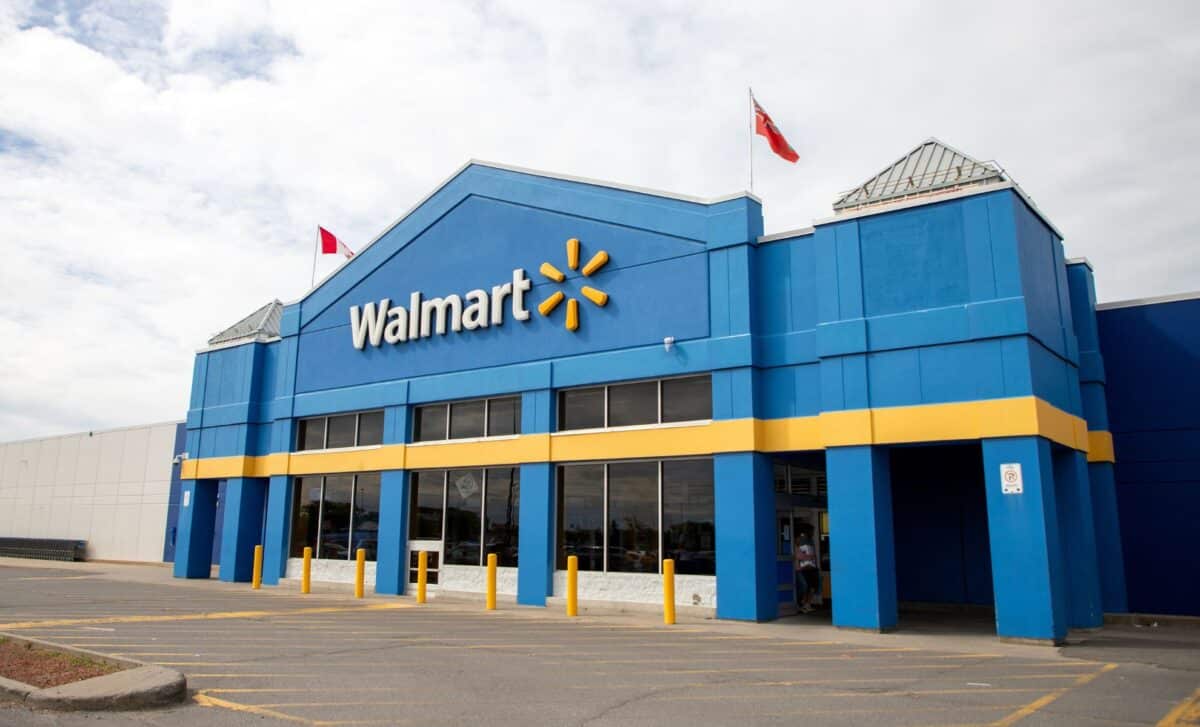President Trump has publicly criticised Walmart for linking retail price hikes to his trade tariffs, insisting the company absorb the costs instead. The remarks have placed pressure on corporate America as the political debate over tariff-related inflation intensifies.
Walmart, the largest private employer in the United States, warned this week that new tariffs on imported goods—especially from China—could force price increases across a broad range of products.
In response, President Trump posted on Truth Social that Walmart and China should absorb the financial burden of tariffs rather than passing it on to American consumers.
The debate over who ultimately bears the cost of tariffs has resurfaced as Trump’s trade policies face growing scrutiny. The tension highlights the challenge for retailers navigating global supply chains while managing consumer prices amid political expectations.
President Targets Walmart in Escalating Tariff Tensions
President Trump’s comments come after Walmart’s announcement that increased tariffs would affect prices on everything from food staples to children’s car seats.
According to Walmart CEO Doug McMillon, even with the recent reduction in tariff rates, the financial pressure remains significant: “We aren’t able to absorb all the pressure given the reality of narrow retail margins,” he said on an earnings call.
On social media, the president argued that Walmart, which posted strong quarterly sales and significant profits, should prioritise consumers over shareholders. “Walmart made billions of dollars last year… they should, as is said, ‘EAT THE TARIFFS’,” Trump wrote.
Walmart responded by reaffirming its commitment to keeping prices low but acknowledged limits. “We’ll keep prices as low as we can for as long as we can,” a company spokesperson stated, “given the reality of small retail margins.”
Trump’s comments reflect a broader strategy to frame his tariffs as a tool for reshaping global trade without hurting American households. Yet most economic analysts dispute the claim that foreign producers bear the full cost. According to Oxford Economics, tariff costs are largely passed on to businesses and consumers, particularly those with low income.
Economic Fallout as Retailers Struggle With Supply Chain Costs
The tariff increases—some previously as high as 145% on Chinese goods, now temporarily reduced to 30%—have significantly disrupted pricing strategies for U.S. retailers. Walmart, which sources about one-third of its merchandise from abroad, noted particularly steep cost increases in categories such as toys, electronics and home goods.
According to Walmart CFO John David Rainey, a $350 Chinese-made car seat could soon cost nearly $450, citing a 29% increase due to tariffs. Analysts also point to delayed seasonal purchases and reduced consumer sentiment as signs of strain.
The University of Michigan’s latest consumer sentiment index fell to its second-lowest level on record, with 75% of respondents spontaneously mentioning tariffs.
Despite these concerns, the administration maintains its tariffs are a necessary bargaining tool. Trump has said he intends to preserve them as a long-term revenue source, even as trade talks with countries like China and the UK remain unresolved.









